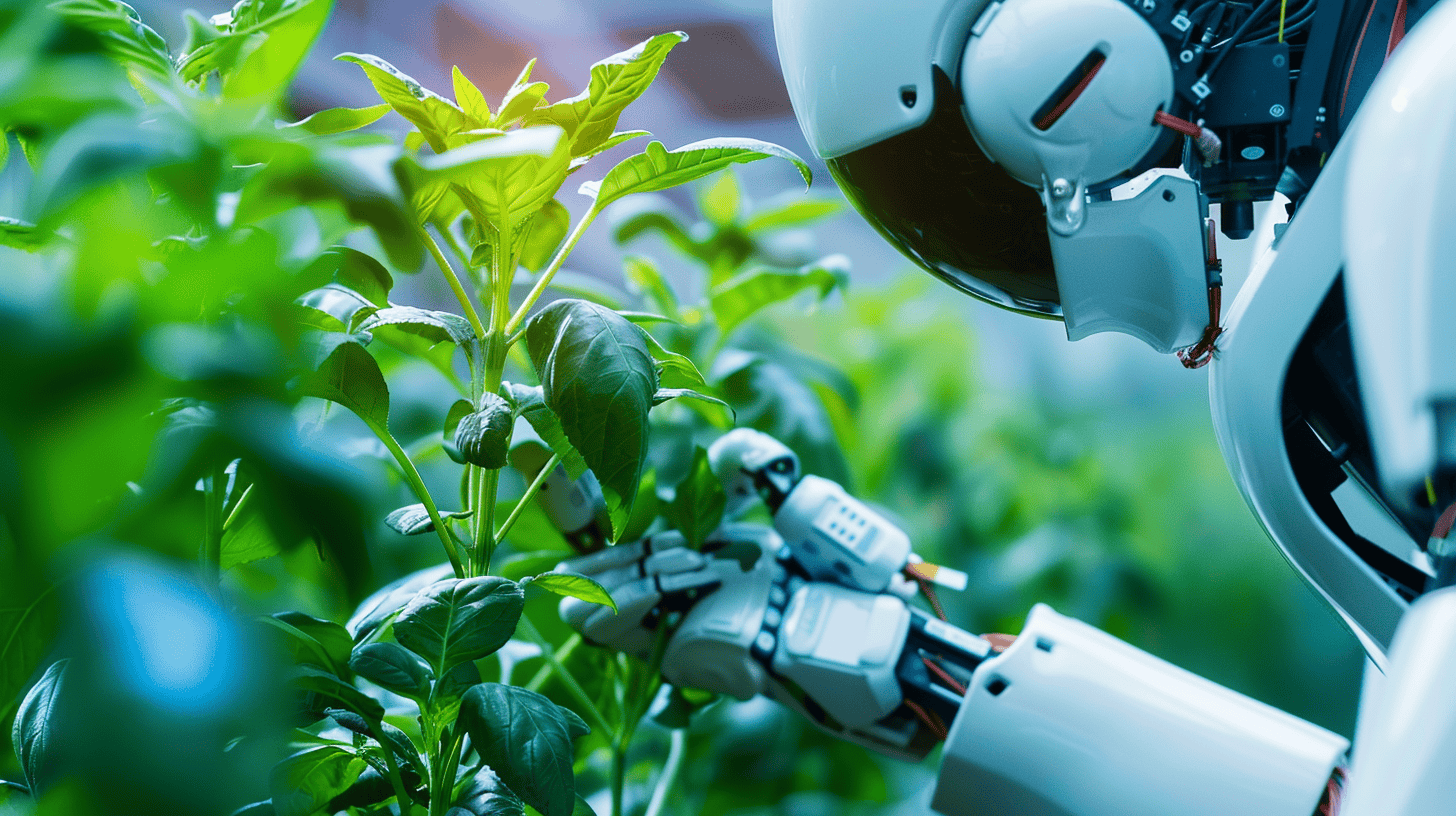
Soon, AI will help us develop new plant varieties. Researchers at Wageningen University are pioneering AI to unlock the secrets of non-coding genes in plants. Led by Michael Schon, this cutting-edge work aims to develop new plant varieties with enhanced traits like drought resistance. Schon’s AI tool, GeneSketch, promises to streamline the comparison of non-coding RNA in plant genomes, offering a game-changing approach to plant breeding. This initiative is part of a broader trend in agricultural science where AI is increasingly used to predict and enhance plant traits, potentially revolutionizing crop resilience and productivity.
Why this is important
Climate change is posing a threat to food security, with plants suffering from extreme weather conditions. AI is helping scientists develop climate-resilient crops.
Unlocking genetic secrets
At the heart of Schon’s research is the focus on non-coding RNA, a critical element in gene regulation and development. Non-coding RNAs do not translate into proteins but play essential roles in turning genes on and off. Schon’s AI tool, GeneSketch, aims to pinpoint and compare these non-coding genes across different plant species. This can potentially unlock new genetic traits that improve plant resilience and productivity.
GeneSketch leverages advanced AI techniques, including transformer technology similar to that used in language models like ChatGPT. By training the AI to recognize patterns and sequences in DNA, Schon hopes to map out non-coding RNAs and their functions accurately. This method offers a novel way to tackle the challenge of genome comparison, which traditionally involves sifting through massive amounts of genetic data stored as text files.
The practical implications of this research are vast. By understanding the non-coding regions of plant genomes, breeders can develop crops with specific desirable traits. For example, plants can be engineered to be more drought-resistant or to have a higher yield. Schon envisions that tools like GeneSketch could provide breeders a quick and efficient way to understand and manipulate plant DNA, thereby accelerating the breeding process.

A wider effort
This research forms part of a broader collaborative effort in the scientific community to employ AI in understanding plant genetics. An international team, including German researchers from IPK Leibniz Institute and Forschungszentrum Jülich, are also making strides in this field. Their deep learning models link gene sequence data with mRNA copy numbers, enabling accurate predictions of gene activity and improved understanding of gene regulation.
The team led by Dr. Jedrzej Jakub Szymanski has developed models that accurately predict gene activity and identify crucial regulatory sequences. These models have shown excellent generalization across various plant species, including tomatoes, where they have pinpointed regulatory sequence variations that explain differences in gene activity and resulting traits. This work, published in ‘Nature Communications,’ highlights the potential of AI in revealing new aspects of gene regulation.
Future prospects
The advancements in AI for plant genetics are paving the way for ‘smart crops’ that can better withstand environmental stresses while maintaining high productivity. By routinely identifying gene regulatory elements and understanding their role in plant development, scientists can more effectively breed plants suited to changing climatic conditions. This not only enhances food security but also reduces the environmental impact of agriculture.
Schon’s work at Wageningen University represents a significant step towards integrating AI into plant breeding. With a prototype of GeneSketch expected within the year, the potential for rapid advancements in this field is enormous. As AI continues to evolve, its applications in agriculture could lead to more sustainable and efficient farming practices, ultimately benefiting both farmers and consumers.







